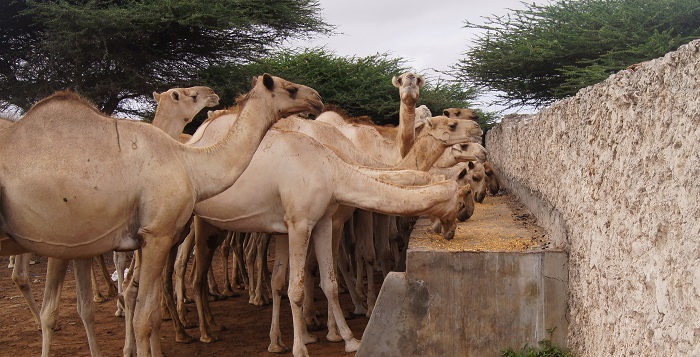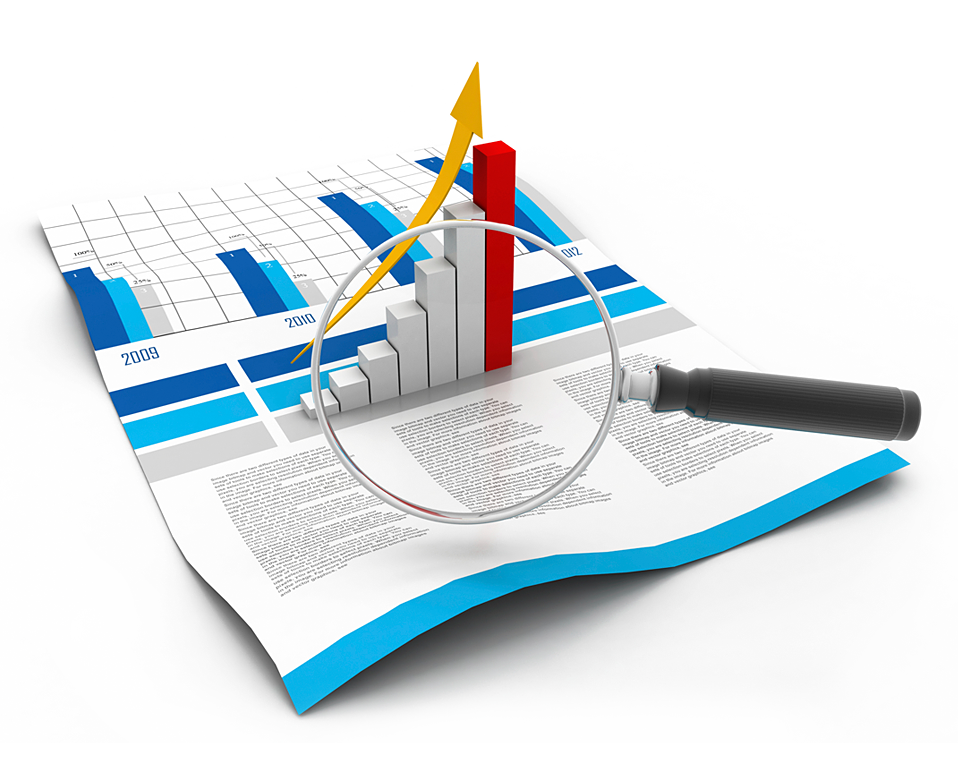Your Data and Information


In addition to the potential for meeting the increasing domestic demand, recent and expected improvements in infrastructure of main ports can in particular create greater opportunities for export of agricultural produce, alongside the livestock which is currently the backbone of Somali economy. It is estimated to account for up to 40% of Gross Domestic Product (GDP) [1]. Such reliance on livestock export for both household income and government revenue clearly poses a considerable risk to the Somali economy in the long run. Outbreaks of Rift Valley Disease and other notifiable animal diseases endemic in East Africa, can, for example, result in repeats of recent total ban of livestock export in the main Middle Eastern markets [2]. This would clearly have devastating impact on the economy and livelihoods of large number of Somalis in the future [3]. Competition from other exporting countries, such as Australia and price fluctuations in global markets can also affect significantly the incomes and revenues from livestock.
Furthermore, Somalia’s largest imports are food items, including basic staples such as sugar, wheat, flour, rice and cooking oil [1]. Therefore, increasing production and export of agricultural produce and food makes good economic sense from a domestic demand perspective as well as that of food security and export. However, to diversify its economy and meet growing future demand, Somalia will have to increase food production, expand and intensify its agricultural, fishing and livestock value chains through the development of modern agribusiness industry. It will also have to build adequate skills base and technical services to support innovation and growth in this sector in the longer run. In addition to increasing primary production, this effort will enable the country to develop the food processing, storage and distribution capacity and skills base necessary to strengthen its food sector and in particular push back against its growing dependence on food imports. Agribusiness industry will also generate employment as these industries tend to be labour intensive, whilst also requiring specialist skills in diverse fields such as agronomy, food science and technology, engineering, economics, finance, and business management skills.
Data is crucial for aiding business decision making such assessing enterprise market opportunities and return to investment.

Developing and implementing effectively the necessary sectoral economic and regulatory policies requires real data to ensure that such policies are informed reliably. Data is also crucial for aiding business decision making such assessing enterprise market opportunities and return to investment. However, relevant data on agribusiness activities and food consumption is largely lacking. On one hand, the conflict over the past two and half decades has destroyed much of the country’s old statistical infrastructure and on the other hand severely limited the collection of the relevant data and information on the sector [1]. Thus, the lack of reliable data currently presents major hurdles to both strategic business decision-making and planning of public and international interventions targeted at developing the agribusiness sector, generate employment and reducing poverty.
Contact Us
A leading consultancy firm providing agricultural and analytical services to agriculture and food industry and policymakers in the Horn of Africa
00 252 63 3221141
Offices :
Mogadishu | Hargeisa | London, UK
